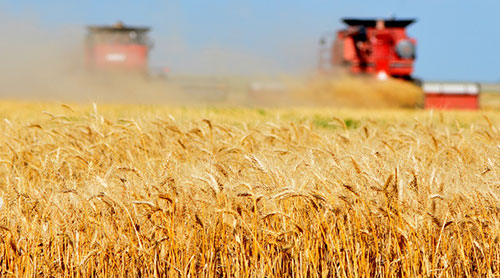
Advantages of enterprises certified by GLOBALG.A.P .:
• increasing the confidence of customers and consumers in the safety, high quality and safety of products, reducing complaints, complaints from customers, and as a result, increasing consumer demand;
• confirmation of compliance by the enterprise with Uzbek and international standards, principles of production and sale of safe products, including RACCP;
• Entering the international market and recognition among GlobalG.A.P adherents. and members of the global GFSI association
• increasing investment attractiveness by reducing production costs as continuous improvement of the product safety management system and other additional competitive advantages.
Standard Global G.A.P. takes into account and controls microbiological, chemical, radiation pollution and mechanical clogging of products.
Today, the main engine of the GlobalG.A.P standard - retail chains, processing enterprises and public catering enterprises. Ensuring the safety of products offered to consumers is one of the main requirements. For example, the key condition for purchased products from the vast majority of European supermarkets is their compliance with Global G.A.P .
Food manufacturers need a certified safety management system to confirm that they grow and market safe and healthy products. Producers must use production methods that reduce the environmental impact of agriculture, minimize the use of chemicals, use natural resources efficiently, and take care of workers, farm animals and marine life.
Therefore, GlobalG.A.P. Certification. shows the manufacturer’s commitment to good (good) farming and fish farming practices. Certification GlobalG.A.P. has become a prerequisite for access to the international market.
Scope of the GlobalG.A.P standard.
• Fresh vegetables, fruits
• Flowers and ornamental plants
• Tea, coffee, crops
• Aquaculture, including fish farming
• Livestock and poultry farming
• Participants in the agricultural supply chain
Key elements of the standard:
• Labor protection and industrial sanitation,
• environmental protection
• Analysis of production risks,
• Complaint Procedure,
• Procedures for tracking and returning products,
• The origin and quality of the seed material,
• Suitability of soils for agricultural production,
• Soil analysis and the adequacy of the developed fertilizer system,
• Compliance of the applied plant protection system - implementation of an integrated protection system,
• The condition and correctness of the measures taken to clean, refine, transport and store products.